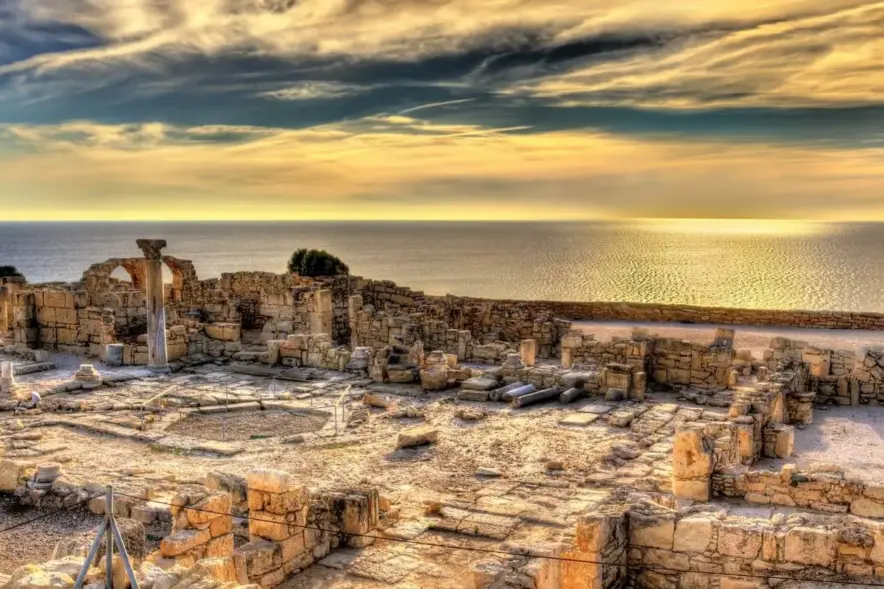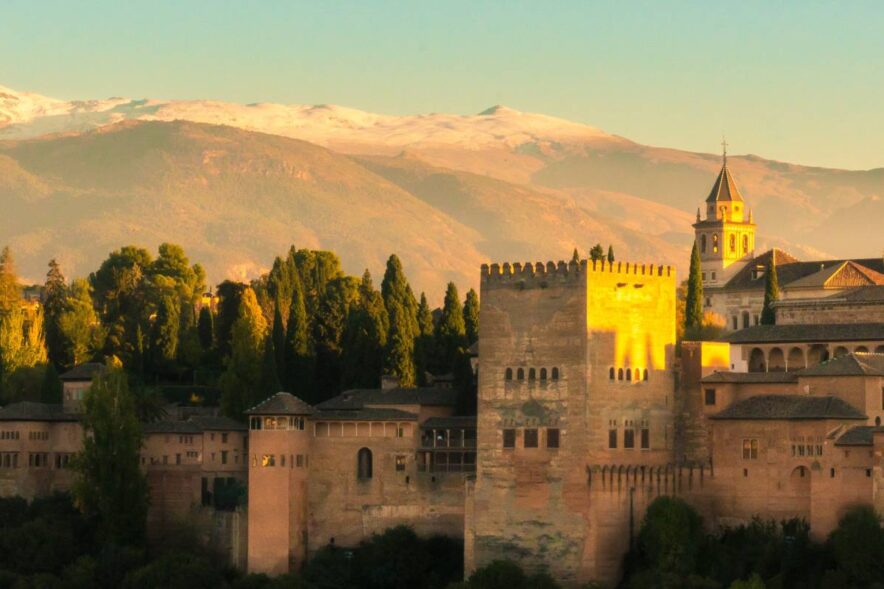“The church isn’t for unbelievers.” Sounds pretty unfriendly and exclusive, right? But, before you get all hot under the...
Tag: the church
Showed 1 to 9 posts out of 18 total under "Tag: the church" category.
I was born and raised in New Zealand, the land of the long white cloud and a ratio of...
“You can develop a healthy, robust community that lives right with God and enjoy its results only if you...
New Testament holiness is a joyous privilege, not a heavy burden and duty.
Right from the beginning the church was flawed, as Jesus always knew she would be, and she has been...
Derived from the Latin word fidēlis, fidelity is the quality of being faithful, loyal, accurate, or true. And it's...
(Not a reader? Take a listen instead ⇓) I recently wrote an article which I called ‘Beneath The Skin‘;...
(Not a reader? Take a listen instead ⇓) When God moved into the neighbourhood, everything changed. This article...
(Not a reader? Take a listen instead ⇓) The sovereignty and rule of God has always existed and will...











